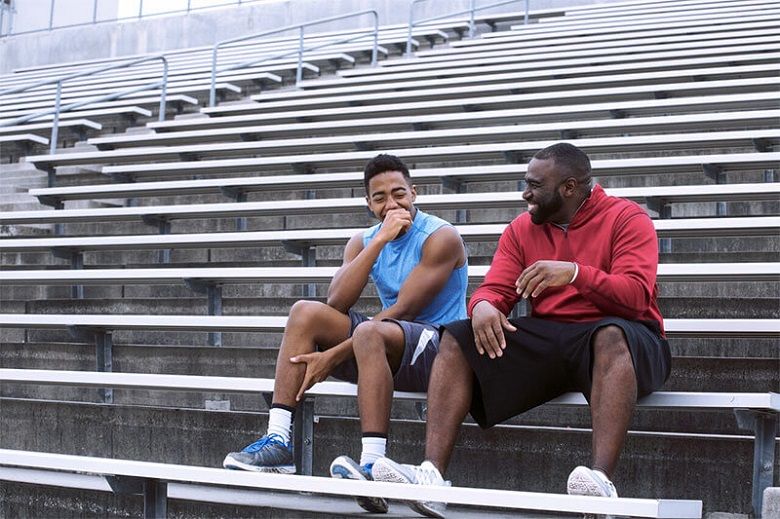If you love sports and you love to teach sports to a group of athletes, the first thing you’d better keep in mind is that your way of life, your lessons, your words and even what you do and feel are under the eyes of the sportspeople you are training. Basically, you need to combine your entire life experience and who you and what you represent in the best and most effective light for them to follow.
Be An Inspirational Coach For Your Athletes

So, try to make sure that you provide your athletes with the best example to follow that they can find around. Without feeling too much pressure from such a big responsibility, try to improve your personal attitude, habits, sporting attitude and behavior so as to give your pupils the most effective and lifelong solid source of inspiration possible. Sports are actually an excellent source of inspiration for making decisions, for learning the right attitude in most critical situations and so on.
We do know that it might sound serious and a little too complicated, because after all, you are a sports coach not a “master of life”. Therefore, we have prepared a comprehensive and practical list of the most important points to keep in mind, when training your athletes:
-
Training and competition
Most of your activity as a sports coach is to teach your athletes how to behave before, during and after a competition. It’s fundamental to make good athletes and people out of them all. Take this trick to improve your team’s skill level: make your training more challenging than the actual competition, so your athletes will be well prepared to face competitions. You have to come to the competition day fully aware of your athletes’ physical and mental skills and limits, so level up the difficulty of your basic training to get to know the full extent to which your athletes can perform. -
Learning
As a coach, you should never think that you possess perfect knowledge about your specific sports discipline or other aspects of it. You are on a constant learning path as much as everyone in your profession with the only and significant difference that you have to learn and develop your skills faster than your athletes. It’s more or less what happens in most professional categories, where employees or technicians have to train and gain a deeper understanding of aspects of their job. For example, locksmiths should continue their education and learning process even after licensing. Professional locksmiths who keep attentive to anything new on their job are actually the best people to help in case of emergency or who can work on scheduled services. Click here to learn more if you want to learn more about it. -
Speed up your timing
Whether it’s for learning purposes or for any other reason, you have to speed up your own timing more than your opposition. Sports are competitive and so is learning. Be quick, ready to go and be the best inspiration for your athletes to learn more and to improve themselves faster than their opponents. -
Personalize your training
As a matter of fact, not all athletes have the same skills or physical strength. To allow each team member to give their best is to personalize your training plan, so you can optimize the impact on every athlete. It’s surely time-consuming for you, but the results are more than repaying themselves, believe us. -
Multi-disciplinary approach
Another trick to ensure your training provides the best results is, where ever possible, adopt a multi-disciplinary approach to skill development and performance improvement. Consider that your athletes are normal people for the entire day, except for 1 or 2 hours of sports training. You should prepare them considering their individual human nature. So, recommend them inspirational books to read in their spare time and in general offer them an alternative and sports-oriented way to life. -
Sharing
As we mentioned above, you are the first and most essential source of inspiration for your athletes. So, it would be great if you share your positive ideas and opinions with them. Don’t deal with your athletes as though they are children. They are above all normal people, so talk to them as you would talk to any other people. Share your feelings with them and let them tell you what they think about competitions, training sessions, workouts and more.
The bottom line is to create a solid and strong team spirit that helps your atheletes overcome all difficulties.
